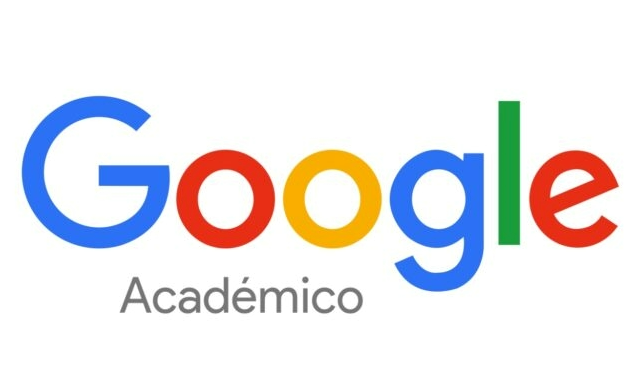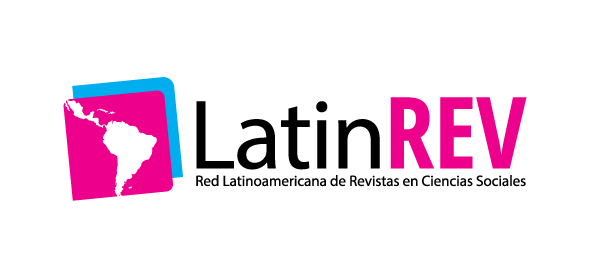Jóvenes de la Generación Millennials de la Carrera de Ciencias de la Educación
DOI:
https://doi.org/10.70833/rseisa13item192Keywords:
Higher Education, Learning; Millennials, Youth employmentAbstract
This research is about young people of the millennial generation of the Bachelor of Science in Education of the Faculty of Humanities, Social Sciences and Guaraní Culture of the National University of ItapúaParaguay, year, 2019; the general objective was to analyze the characteristics of the millennial generation youth; The methodology corresponds to the mixed approach with analytical scope, because qualitative and quantitative data were collected and analyzed through statistical graphs and interpretations of the characteristics of this generation; semistructured questionnaires validated by experts Were used as an instrument the most relevant results show that the majority of millennial students come from disintegrated families and live with one of the parents, others live in rent and are economically dependent; In the workplace, most do not work, however, a significant percentage do work and others do some non-fixed work activities and study. In academics, the result indicates that the majority of teacher’s work using the methodology of aulic project (38 %), after extension (31%) and to a lesser degree of research (6 %).Millennials live with technological tools, are self-taught, anxious, expect rewards and live in an increasingly interrelated and virtually hyperconnected world.
Downloads
References
Álvarez M, J. M., y Haro , G. (2017). Millennials:La Generación emprendedora. , Biblioteca Complutense-Catálogo Cisne.Recuperado ( 07 de 09 de 2019) de: https://ucm.on.worldcat.org/search?queryString=au%3DA%CC%81lvarez%20Monzoncillo%2C%20Jose%CC%81%20Mari%CC%81a&databaseList=1953,1941,2259,2237,2269,3860,1672,3036,638,3954,3867#/oclc/1011613153.
Aras, R. E. (2017). Los nuevos aprendizajes del sujeto digital. Recuperado de: http://descubridorprivado.revaconacyt.org/eds/pdfviewer/pdfviewer?vid=11&sid=26a624a0-0130-4c36
-a9d5-bb639c9ff792%40sdc-v-sessmgr06. Asesoría Económica y Marketing. (2009). Asesoría Económica&Marketing.Recuperado.(16 de 09 de 2019)de: http://www.corporacionaem.com/tools/calc_muestras.php.
Cataldi, Z., y Dominighini, C. (2015). La generación millennial y la educación superior.12(19), 14-21. Recuperado de: http://laboratorios.fi.uba.ar/lie/Revista/Articulos/121219/A3.pdf.
Diario Digital. ABC-Color-Paraguay. (2019).Unos 260.000 jóvenes en Paraguay ni estudian ni trabajan, según la DGEEC. Recuperado (15 de 09 de 2019) de: https://www.abc.com.py/ edicion-impresa/economia/2019/09/15/unos260000-jovenes-en-paraguay-ni-estudian-nitrabajan-segun-la-dgeec/.
Díaz S, C. (2017). Entendiendo las generaciones: una revisión del concepto, clasificación y características Distintivas de los baby boomers X y Millennials. Revista Clío América,11(22), 188-204. Doi: htt://10.21676/23897848.2440.
Dirección General de Estadística, Encuestas y Censos (DGEEC). (2018). Población Juvenil. Encuesta Permanente de Hogares 2017.Recuperado (01 de 09 de 2019) de: https://www.dgeec.gov.py/news/DGEEC-comparte-datos-sobre-la-poblacion-juvenil-en-Paraguay.php.
Fleitas, J. (2017). El difícil desafío de los “millenials.En Diario ABC color-Paraguay. Recuperado (15 de 09 de 2019) de: https://www.abc.com.py/especiales/fin-de-semana/el-grandesafio-de-los-millenials-1653406.html.
Hernández, R., Fernández, C. y Baptista, (2014). Metodología de la Investigación. México D.F: Mc GRA W-HILL/INTERAMERICANA EDITORES, S.A DE C.V.
Miranda de Alvarenga, E. (2016). Metodología de la Investigación. Asunción, Paraguay: A4 Diseños.
Organismo Internacional de la Juventud (OIJ). (s.f). Millennials. Una Categoría útil para identificar a las juventudes iberoamericana. Recuperado (05 de 08 de 2019) de: https://oij.org/wp-content/uploads/2017/08/Sobre-la-categori%CC%81a-Millennials-Versi%C3%B3n-web.pdf
Downloads
Published
How to Cite
License

This work is licensed under a Creative Commons Attribution 4.0 International License.
Creative Commons Attribution License CC-BY
You are free to:
Share — copy and redistribute the material in any medium or format.
Adapt — remix, transform, and build upon the material for any purpose, including commercially.
Under the following terms:
Attribution — You must give appropriate credit, provide a link to the license, and indicate if any changes have been made. You may do so in any reasonable way, but not in any way that suggests that you or your use is endorsed by the Licensor.







